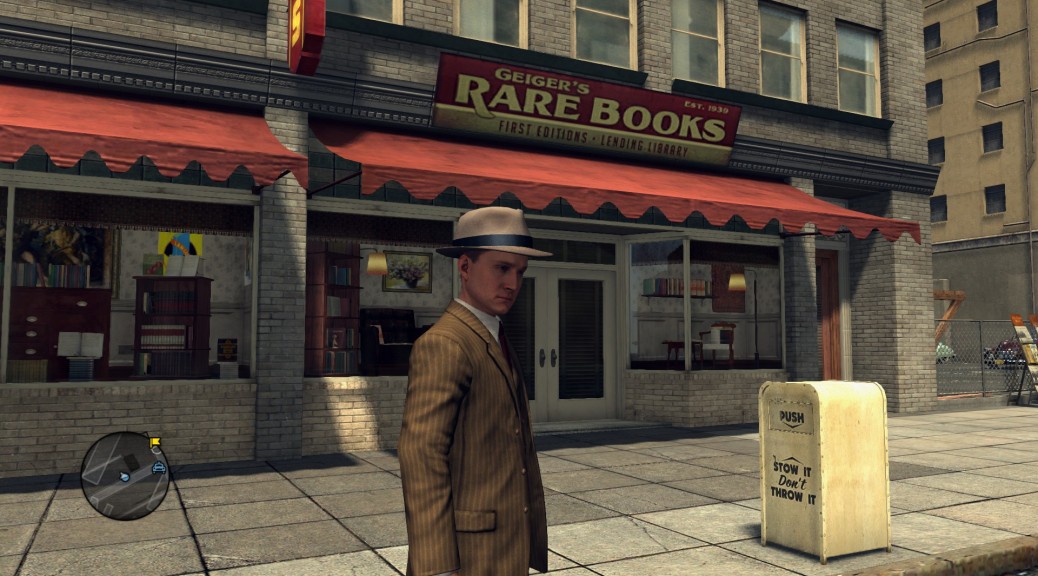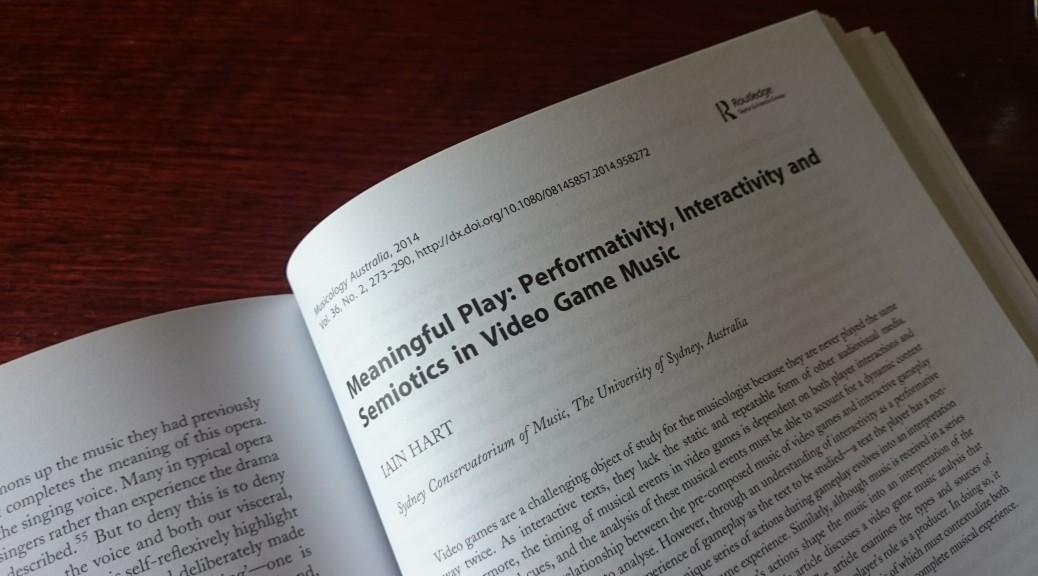I’ve just finished up an intense period of writing and revising (potential) articles. It’s a bit of an intense process that mixes analysis, written creativity, formatting precision, and the uncomfortability of putting yourself out there to be judged. I generally like each of the first three when experienced separately, and I do admit that the combination can be engrossing when I’m getting into it. It’s the latter that gives writing its pain.
It’s a completely different kind of writing to what I’ve done previously at uni/school or on my own time. When you write for an assignment, you submit yourself to the judgement of your teacher, tutor or lecturer, but their judgement is usually final. Your only recourse is to do better next time. Conversely, the writing I’ve done on my own time has either remained unpublished (and thus not judged), or been published informally on a blog. And we all know that caring about how people respond to a blog post misses the point.
Writing for publication, though, requires you to submit yourself not to a judge you know, nor a public you ultimately disregard, but to a process. Strangers read your work, presumably think about it for a little while, then apply their own expertise to the task of correcting you. Publication (or the aiming theretowards) requires a great deal of faith in this process, which is only a rational faith if every scholar involved the process is equally dedicated to the maintenance of its integrity. In this corner of the world at least, the increasing responsibilities placed on scholars of administration, teaching and publication quotas in addition to their research is providing a fast-firming basis of doubt that the process can maintain itself. Who, after all, has time to read other people’s work carefully when their own institution is breathing down their necks? I am speculating here, of course, but it does seem logical that since humans and their attention spans are finite, increased responsibility in one area lessens the ability to meet responsibilities in others.
The safeguard is, then, to write as accurately and clearly as possible. But that’s complicated in a new field. I’m doing my best to write in a way that can be understood by someone who’s never studied (nor even played) video games, but it’s challenging. There’s a great study I found recently by Berger & McDougall (2013) that examined the use of L.A. Noire as part of English classes in the UK. It found (among other things) that although teachers could grapple with video games as texts, their students were both more willing and more able to consider these texts on an equal footing to films and novels. This appeared to go beyond what could be explained by familiarity alone, to that which I suppose is more akin to fluency. I do worry that I’m failing to articulate the nuances of the medium that I know to people who may not be as fluent in video games and their music as I am. I guess I’m not in the best position to know, but still, it’s kind of doing my head in.
Nevertheless! I’ve had a good couple of weeks of family things and working on my car, and now I’m back into research with a bit of teaching on the side. I’m looking at EVE Online with a bit more of an academic eye, which is coinciding with my corporation’s move into wormhole space — helpful for getting to know all of EVE‘s music. If there’s one thing studying L.A. Noire taught me, it’s to play all of a game before you write about it.


